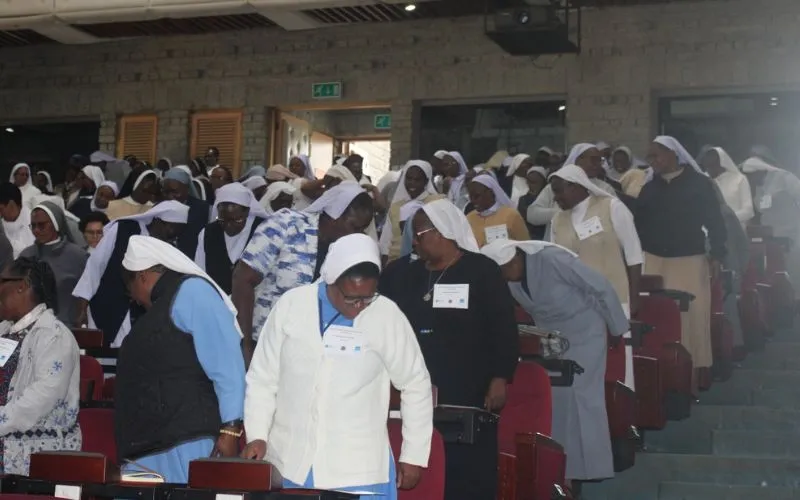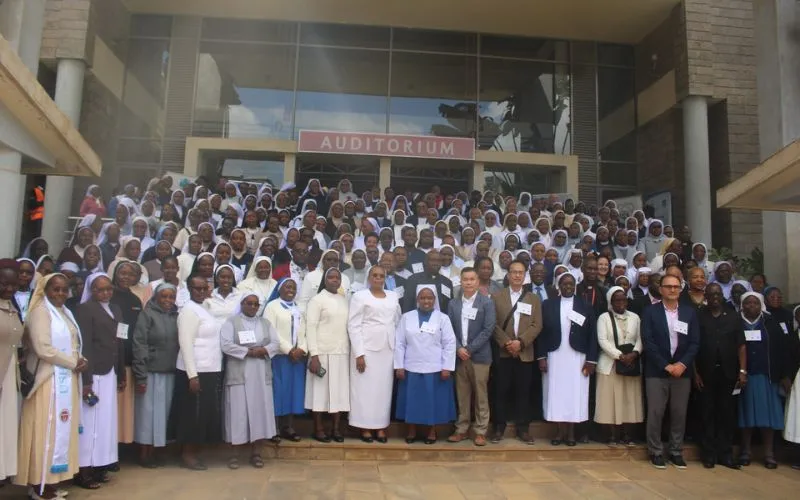A majority of Catholic nuns in Kenya are middle children. This is according to new findings by the Centre for Research in Religious Life and Apostolate (CERRA-Africa).
The study reveals that 62% of Catholic Sisters in Kenya are middle children. Only 14% identified as firstborns, while 24% said they are lastborns. The research was conducted across 17 congregations of Religious Sisters in Kenya and Zambia, as part of a broader long-term study.
The findings were presented during a symposium held in Nairobi, where researchers linked the trend to deep-rooted African cultural values that may shape vocation choices.
In neighboring Zambia, the pattern is similar though slightly less pronounced. 55% of the Sisters surveyed in Zambia were middle children, followed by 26% firstborns and 18% lastborns.
Sr. Bibiana Ngundo, who presented the study, explained that birth order often influences personality and family roles, factors that may quietly guide women toward Religious life, particularly those not burdened by firstborn responsibilities or the dependency often associated with being the lastborn.
The CERRA-Africa study is the first phase of a multi-year research initiative aimed at understanding the backgrounds, motivations, and experiences of women in Religious life across Africa.

She said that outside the CERRA-Africa long-term study, she had been engaged in other studies that indicated that the middle child is the one most likely to become Religious.
“We’ve done several research studies, even outside the long-term study that we are conducting. And the results have always been that the middle child is the one most likely to be in Religious life,” she said.
According to Sr. Bibiana, most African families are less enthusiastic about the idea of their firstborns and lastborns becoming Religious.
About firstborns, the Kenyan Nun told ACI Africa, “One way that I argue this case is that a firstborn is a very key member of an African family. The firstborn is the person who takes the responsibilities of the parents and is seen by the parents as a stronghold of the family. And so, the parents are not likely to release the firstborn to the Church.”
“A lastborn in an African family is not easy to be released because they are seen as the ones to take care of their parents when their older siblings have left home and gone ahead to establish their own families,” she said.
Titled “Longitudinal Study on the Formation of Religious Sisters from Novitiate to Perpetual Profession”, the study is aimed at examining how religious formation influences the vocation of a Religious Sister and the mission effectiveness in Africa.
In their set of recommendations, the CERRA-Africa researchers suggested that young women entering Religious life be given opportunities for recreation, especially outdoor activities.
They also underlined the need to strengthen spiritual formation, enhance community life, and foster intellectual and emotional growth among novices.












